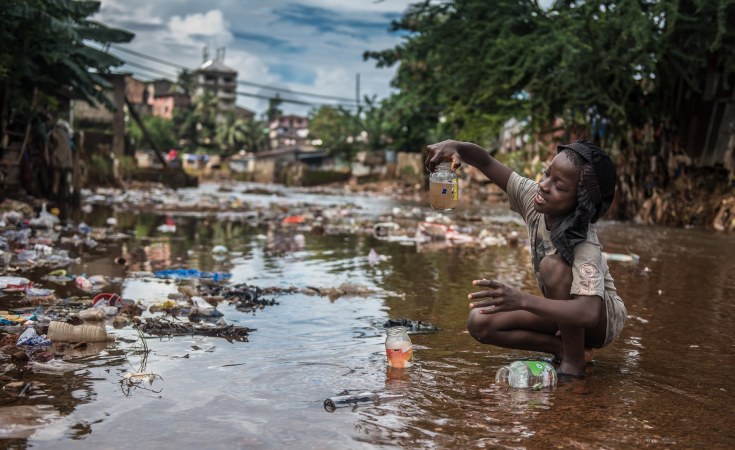Yobe, Borno and Taraba states topped the infection chart, followed by Cross River and Katsina states.
The Nigeria Centre for Disease Control and Prevention (NCDC) has called for an urgent improvement in access to clean water, proper sanitation, and hygiene to stop the recurring outbreaks of cholera in the country.
NCDC, in a public health advisory sent to PREMIUM TIMES Thursday, noted that a total of 233 Cholera deaths and 2,187 confirmed cases have been recorded between 1 January to 25 September 2022.
The disease control centre, which is leading the national response to the ongoing outbreak explained that the rise in Cholera cases in Nigeria has been "exacerbated by limited access to clean water and sanitation facilities, open defecation and poor hygiene practices".
The centre noted that the risk of cholera transmission is higher in areas that lack adequate sanitation facilities and a regular supply of clean water, adding that without proper Water Sanitation and Hygiene (WASH), Nigeria will continue to be at risk of cholera outbreaks along with the associated suffering and deaths.
The last NCDC situation report for Cholera, spanning 1 August to 4 September, shows that 13 states of the federation accounted for 92 per cent of all cases recorded in 2022.
Yobe, Borno and Taraba States topped the infection chart, followed by Cross River and Katsina State.
NCDC intervention, collaboration
NCDC further disclosed that due to the recent increase in cholera cases, the multi-sectoral National Cholera Technical Working Group (TWG) in collaboration with partners has been supporting affected states in "risk communication, active case search, case management, and WASH interventions".
It noted that the NCDC-led multisectoral TWG includes representation from the Federal Ministries of Environment and Water Resources, the National Primary Health Care Development Agency (NPHCDA), the World Health Organization (WHO), United Nations Children's Fund (UNICEF) and other partners.
"NCDC and its partners have supported the affected states with commodities for case management and laboratory diagnosis, materials for risk communications, and response guidelines among other things.
"However, medical interventions alone are not sufficient to address the root causes of water, sanitation, and hygiene (WaSH) - of cholera outbreaks," it added.
Prevention
NCDC further emphasised that "the long-term solution for cholera control lies in access to safe drinking water, maintenance of proper sanitation (especially the discontinuation of open defecation) and the practice of hygiene.
"We continue to advocate State Governments to prioritise action for solutions that ensure access to and use of safe water, basic sanitation, and proper hygiene practices in communities," it noted.
The NCDC also urged Nigerians to keep their environments clean, use water that is boiled and stored safely, ensure food is cooked and stored in a clean and safe environment, avoid open defecation, and wash their hands regularly with soap and running water.
"Cholera is preventable and treatable; however, it can be deadly when infected people do not access care immediately. Nigerians are advised to visit a health facility immediately if they have sudden onset of profuse watery diarrhoea, nausea, vomiting, and weakness," it added.


